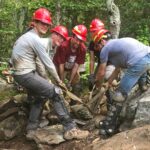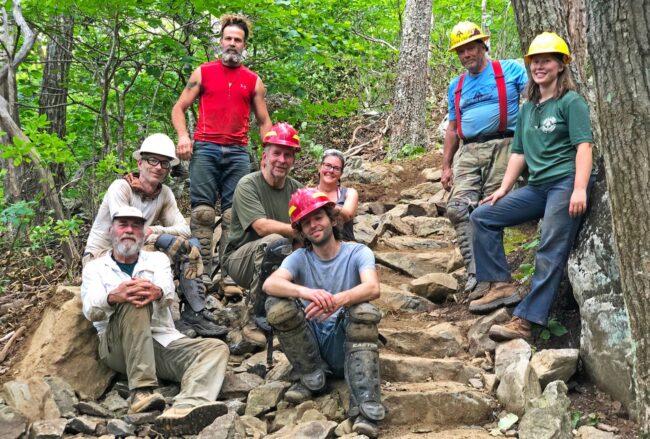Outcomes from A.T. Volunteer Surveys

Sep 9, 2020


Sep 9, 2020

ATC’s Volunteer Relations program undertook the most comprehensive qualitative and quantitative survey of A.T. volunteers in the history of the Trail in 2020. Maintainers, leaders, and sawyers answered questions about training, skills, strengths, and challenges in each club.
In many ways, the survey validated what A.T. managers have long known: that section maintainers, working independently or as a couple, are essential to sustaining the Trail, as is the volunteer-led training structure.
The study of volunteers at all levels yielded the following recommendations:
Of the trailwide sawyer survey results, most A.T. sawyers are “B, bucking only” certified. Over half of all sawyers use their skills always or usually use their certification during a season of work on the A.T. The opportunities exist to maximize the function of existing trained saywers that make up the remaining 46%. Just more than a third of A.T. sawyers surveyed also apply their saw skills to work on other public lands, signaling an added benefit to recreation in the east and to these sawyers’ skills since this is an activity that improves with practice.
Coupled findings from listening sessions with club leaders also performed in 2020, ATC and management partners now have a benchmark to chart our collective course forward. Using the information this gathered this year as a springboard, we can all work toward greater network support in the form of training, Volunteer Leadership Academy, and shared stewardship of this beloved resource.
